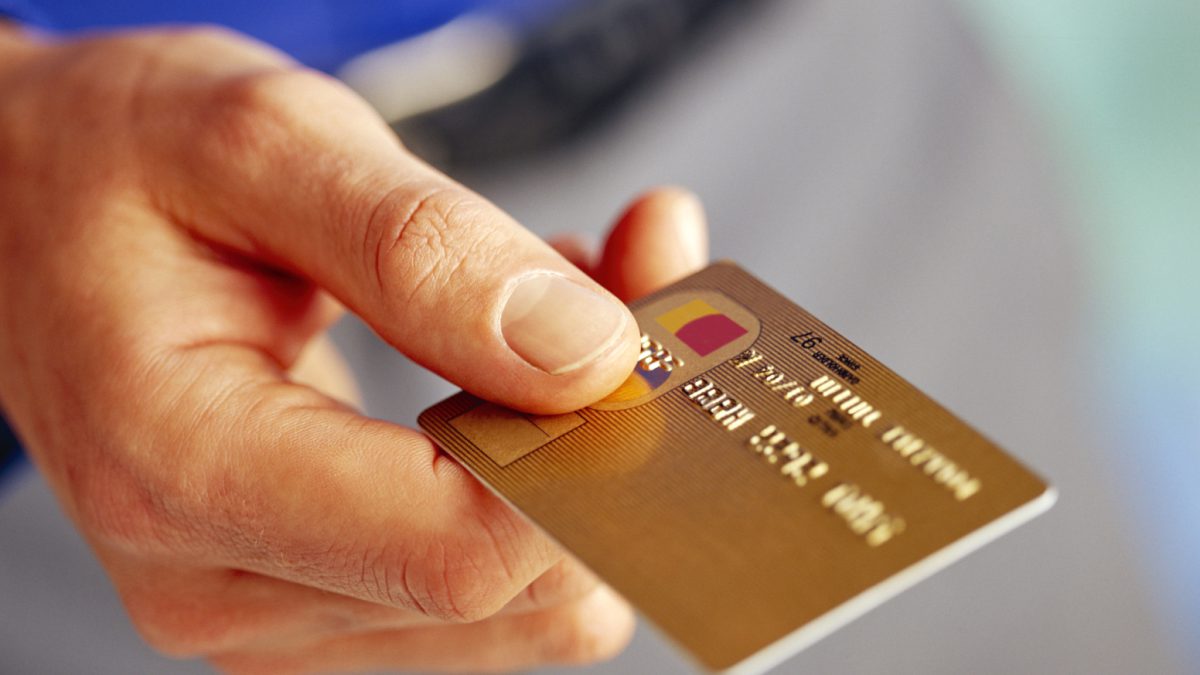Plastic, Not Always So Fantastic: How Closed Accounts Affect Your Credit
Plastic, Not Always So Fantastic: How Closed Accounts Affect Your Credit

Your negative credit card history won’t disappear any faster if you cancel the card.
If your credit report contains some negative information from your credit cards, you can’t magically erase it by canceling the credit card. “Closing a credit card has both short-term and long-term effects on your credit score,” says Alan Moore, a certified financial planner practicing in Milwaukee, Wisconsin. So, before you make a call to cancel your account, make sure you know how it will continue to affect your credit score.
Credit Utilization
One of the short-term effects that closing a credit card has on your credit score is lowering your available credit and therefore increasing your credit utilization ratio. “One factor in determining your credit score is percentage of credit currently being used, meaning how much credit do you have access to, and how much debt you have,” says Moore. “The lower the percentage the better. By closing a credit card, you lower the total credit you have access to without reducing your current debt, which could lower your credit score.” For example, say you have two cards, one with a credit limit of $2,000 and a current balance of $1,000 and the other with a credit limit of $3,000 that you never use. Before you close the second card, your credit utilization is only 20 percent — a balance of $1,000 and available credit of $5,000. But, if you close the second card, your credit utilization jumps to 50 percent — a balance of $1,000 and available credit of just $2,000.
Payment History Disappears Over Time
Typically, your negative credit history disappears after seven years, even if the card is still open, while positive information never falls off. Closing your card won’t accelerate the bad information falling off, but it will allow the good information to fall off over time. Your missed payments will come off after seven years from when you missed them, but all your on-time payments will also come off seven years later, too. However, that doesn’t mean that your score won’t change until then. “It is important to know that the older the data, the less it affects your score,” says Moore. “This means if you close a card with negative data, it will hurt your score less over time. If you close a credit card with positive data, such as making all payments on time, it will cause your score to drop slowly over time.”
Length of Credit History
Another factor used to determine your credit score is length of credit history, which counts for 10 percent of your credit score. “If you close a card,” cautions Moore, “especially your oldest one, your credit report will eventually stop showing the data from the card, which means a shorter credit history, and therefore lower credit score.” For example, say you only had one credit card for four years and then you got a second one. If you cancel that oldest card, your length of credit history decreases by four years.
Reasons to Close
“There is no reason I can think of to close a credit card to help your credit score,” says Moore. However, that doesn’t mean you should keep every card open. If you have a tendency to overspend using your credit cards, Moore recommends closing all cards but your oldest, to try to keep your spending under control. When picking which card to keep, look for cards that you’ve had for a long time or that offer the best rewards rather than newly opened cards or cards that come with annual fees.
Quicken has made the material on this blog available for informational purposes only. Use of this website constitutes agreement to our Terms of Use and Privacy Policy. Quicken does not offer advisory or brokerage services, does not recommend the purchase or sale of any particular securities or other investments, and does not offer tax advice. For any such advice, please consult a professional.



